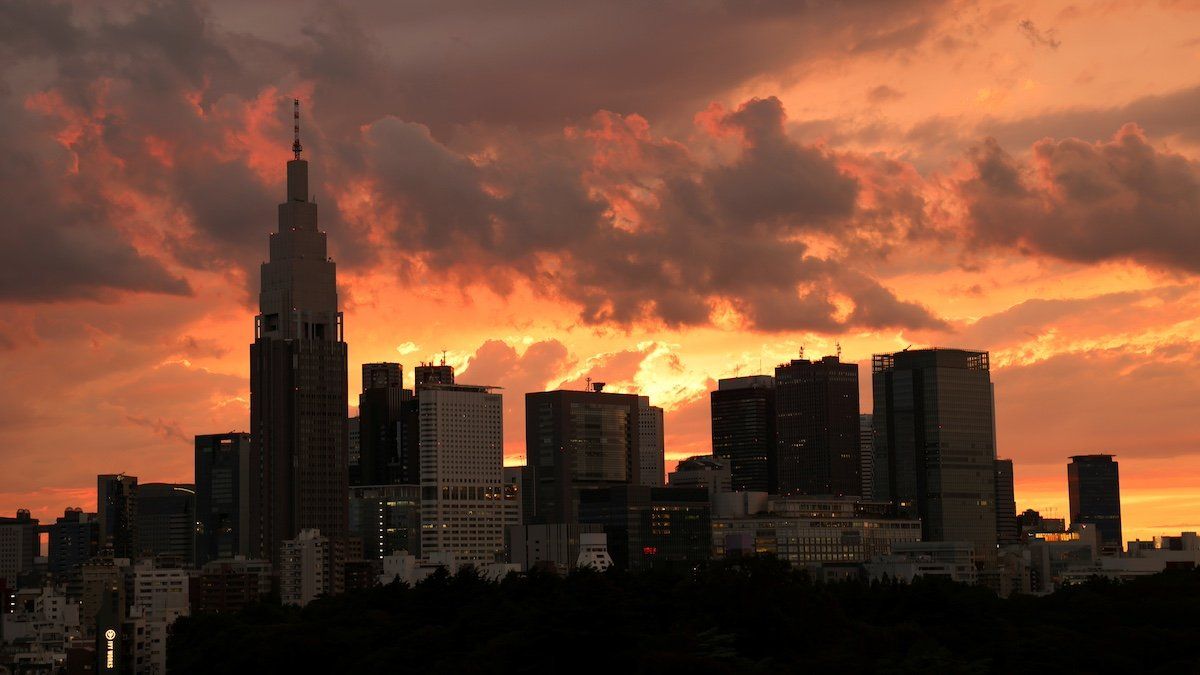Japan’s central bank will debate a landmark interest rate rise next week that could bring interest rates to a staggering 0% after nearly a decade of negative rates.
As the saying goes, there are four types of economies: developed, underdeveloped, Argentina, and Japan. While most countries have been working hard to cool inflation, Japan has struggled with the opposite problem, deflation, since the 1990s. Lower prices at the grocery store are nice, but consumers pay for it on the other end: Businesses see revenues fall, struggle to pay their debts, and lower wages or downsize to break even (mostly the former in Japan). The economy stagnates and ordinary families suffer.
Tokyo started running 0% interest rates in 1999 and negative interest rates in 2016 – in other words, encouraging companies to borrow money and keep cash flowing through the economy. It’s helped drive recent inflation, currently around 2.2%, above the target of 2%.
But is it the right kind of inflation? The Bank of Japan wants to make sure price increases are being driven by consumers spending more, and not costs on the producers’ side, before they hike rates. There are some promising signs, including Japanese trade unions securing the largest pay increase in 30 years from Japan’s largest corporations.
“All eyes are on the annual wage negotiations that will wrap up this week,” says Eurasia Group’s Japan analyst David Boling. “The Bank of Japan wants to see strong wage growth before it scotches the negative interest rate policy.”
We’re watching how cautiously central bankers choose to tack — if the climb to zero looks too steep next week, they can always wait until their April meeting.



















